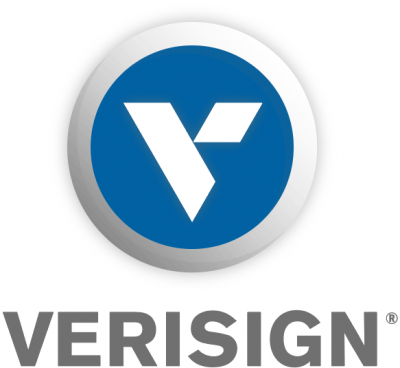


|
||
|
||
 Rohit Kinra, Director of Product Management at VerisignI spend a lot of time talking with customers about how they choose their managed DNS provider. In listening to their stories over the years, I have noticed that many of them use similar (if not identical) criteria to make this very important decision—one that could ultimately mean success or failure for the lifeblood of their Web-based infrastructure and often their entire business. I’d like to take this opportunity to outline some of the more important criteria to consider when selecting a managed DNS provider.
Rohit Kinra, Director of Product Management at VerisignI spend a lot of time talking with customers about how they choose their managed DNS provider. In listening to their stories over the years, I have noticed that many of them use similar (if not identical) criteria to make this very important decision—one that could ultimately mean success or failure for the lifeblood of their Web-based infrastructure and often their entire business. I’d like to take this opportunity to outline some of the more important criteria to consider when selecting a managed DNS provider.
1. Provider Track Record and Experience: First and foremost, consider the provider’s track record when choosing them to handle any critical aspect of your business. Any provider you consider should be able to point to real-world implementations of the service globally. Only with such references in hand can you be confident you are getting a robust, scalable solution.
2. Availability: There should be no single point of failure. The provider should use multiple carriers to avoid being affected by a network outage. Before committing to a service contract, make sure you understand the fail-over and recovery strategy of the service provider in the case of a node, network or major power failure or natural disaster.
3. DDoS Resiliency: A recent study conducted by Forrester Research found that more than one-third of outages experienced by organizations were the result of DDoS attacks. As DNS plays a key role in delivering all Internet services, and is a common DDoS target, it’s imperative that your DNS infrastructure is resilient to DDoS attacks. The best way to ensure your network can efficiently handle DNS-based DDoS attacks is to implement complementary DDoS protection and managed DNS services so that you can answer every DNS query—a feat that requires a massive DNS infrastructure—while filtering our malicious DDoS traffic.
4. Global Traffic Management: Organizations with widely deployed network services may benefit by leveraging global load balancing to optimize performance and keep Internet traffic running smoothly through their data centers and cloud platforms. Internet traffic is commonly managed today using a hardware-based solution, but the costly combination of the initial capital outlay, operational maintenance, future upgrades and skilled staffing requirements makes this an expensive and complex approach to traffic management. This approach also increases your risk of downtime due to DDoS attacks. Using the traffic management capabilities of your DNS service can provide many benefits, including enhanced security, capacity, scalability, and solution elasticity, as well as lower operating expenses and no capital expenses.
5. Service and support: With something as critical as DNS, any service you consider should provide access to 24x7x365 customer support. A key element of the value in outsourcing your DNS is that you no longer need to maintain in-house expertise. For this to become reality, you need a service provider with a strong support team. If you have a problem in the middle of the night, you want to be sure that your provider is ready and able to help you resolve the issue.
In addition to the above considerations, other things to think about when choosing a managed DNS provider include performance, security, service management, advanced features and commitment to innovation and service development.
To read more about all of these criteria and how Verisign meets, and often exceeds all of them, download our informative guide: Ten Considerations for Choosing a Managed DNS Provider. To learn more about Verisign’s related services, see: Managed DNS, DDoS Protection and Dynamic Traffic Management.
Written by Rohit Kinra, Director of Product Management at Verisign
Sponsored byVerisign

Sponsored byCSC

Sponsored byIPv4.Global

Sponsored byRadix

Sponsored byDNIB.com

Sponsored byWhoisXML API

Sponsored byVerisign
